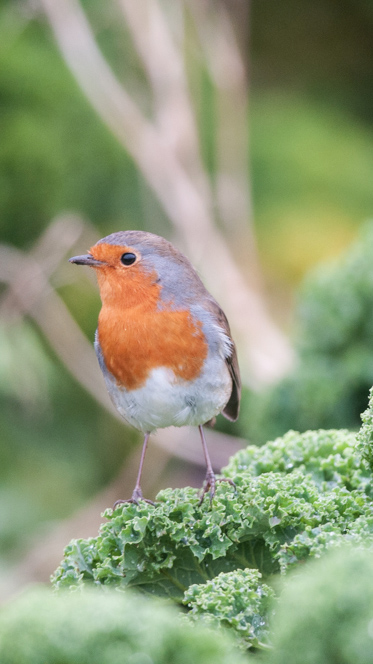Back in 2011, we were paying our farm the same price we are paying our farm today for parsnips, and yet our cost of production has over doubled.

The nature restoration law as it is called, is set to be one of Europe’s biggest pieces of environmental legislation, requiring countries to introduce measures restoring nature on a fifth of their land and sea by 2030. This is an amazing and ambitious commitment and here’s the thing, these environmental measures are critical to our health, our ability to produce food and the health of our planet. Ref a
However there has been fierce resistance to this new law and earlier this month, the European Commission withdrew a proposed law to reduce pesticide use and delayed the obligation for farmers to set aside more land for nature.
There is ample evidence that the pesticide industry lobby has acted as irresponsibly as fossil fuel corporations with regards to our common future on this planet. Stopping harm to biodiversity and ecosystems and addressing the climate crisis are one and the same thing. The lack of action is causing despair among scientists. “We know that ecosystems are collapsing, with major risks to us as well,” said Guy Pe’er, an ecologist at the German Center for Integrative Biodiversity Research.
In the EU, pesticides are a lucrative business worth more than 12 billion euro annually. The market is concentrated in the hands of four major producers – Bayer, BASF, Syngenta and Corteva – that invest not only in pesticides but also in PR, spin and lobbying to make sure their profits remain high, and the ambitions of the Green Deal stay low. Ref 1
But why does it seem so hard to move away from intensive farming practices in the first place?
One: because our food system has become conditioned and reliant on chemicals as result of pressure from big agribusinesses and two because it means more variety, more rotations, more complexity for farmers. And that means as farmers we need more skills, more time and more resource to manage it all. We grow over 20 different crops and it takes time.
Some anti green deal protestors say green policies are not the problem, and instead it is cheap food imports that are the problem.
Farmers can’t bear all the responsibility for the increased cost of production. The retail chain (aka the supermarkets) must share the responsibility, and this means paying a fair price for the food we eat. Supermarkets must pay a fair price for the food they buy.
While all other items have increased in price, the price paid by supermarkets to veg growers here in Ireland between 2010 and 2021 has decreased by 8.5%. (see page 13) The sums don’t add up.
So in my view the answer to get initiatives like the green deal over the line require fair prices to be paid to farmers for the food they produce and for the agri-companies with massive profits at stake linked to destructive chemicals to be silenced. Then we have a fighting chance.
We have a fighting chance to radically transform our food production system to something that really works with nature and provides us with amazing food to boot.
As always thanks for your support
Kenneth
PS, Happy St. Patrick’s day and thank you, we value each and every one of you our readers and customers, without whose encouragement and support we would have quit long ago.
